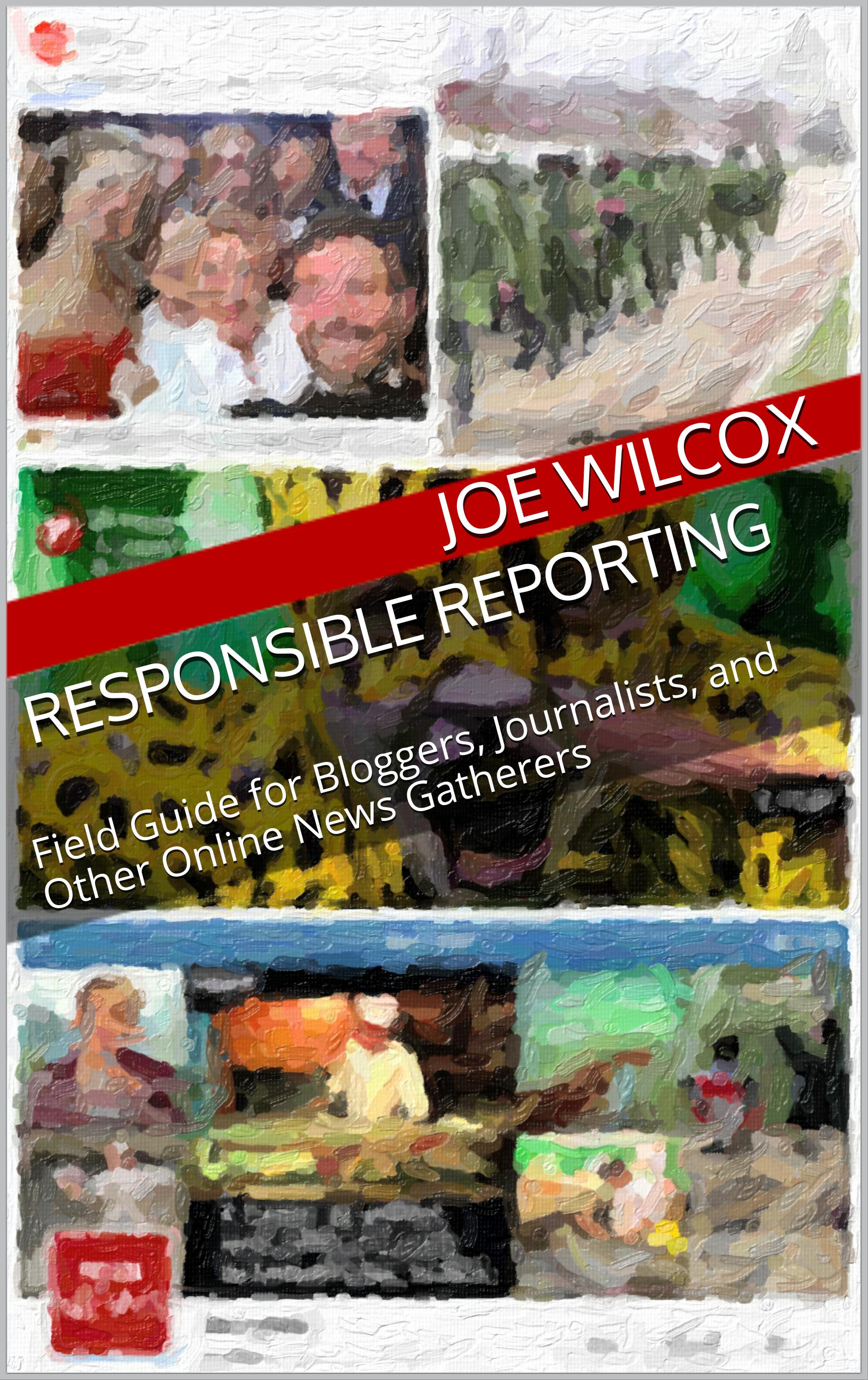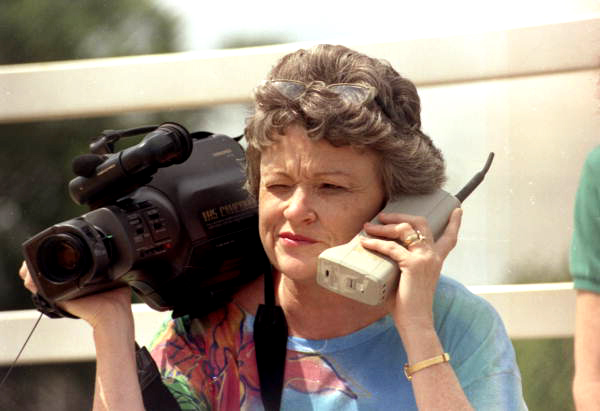There is a very good reason why in my book Responsible Reporting: Field Guide for Bloggers, Journalists, and Other Online News Gatherers that I identify The Prime Directive (yeah, like “Star Trek”): “Write what you know to be true in the moment”. Last night, one of my BetaNews colleagues violated this sacrosanct rule. I berated him privately, now publicly.
The story: “New Mozilla CEO is allegedly anti-gay marriage—Firefox developers boycott“. Had someone consulted me, the story wouldn’t have run (and the reporter did try to reach me). The problem is fundamentally one of sourcing. Four years ago, in post “The Difference between Blogging and Journalism“, I laid out the fundamental sourcing philosophy behind The Prime Directive. Excerpt:









